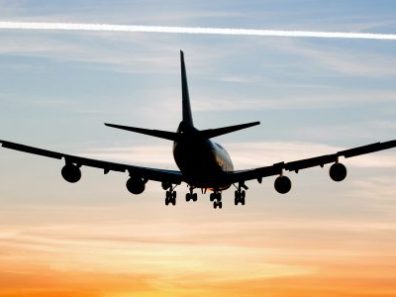NASA awards Lockheed Martin with a $247.5 million cost-plus contract which allows the defense contracto’s Skunk Works division to continue development of Lockheed Martin’s Quiet Supersonic Technology aircraft that will be capable of supersonic speed without creating the sonic boom that is created when a plane breaks the sound barrier.
Lockheed Martin has agreed to develop an experimental plane that will cruise at 55,000 feet and reach speeds of about 940 mph. While such an aircraft would traditionally create a loud sonic boom when reaching a speed of 767 mph, NASA expects the new QueSST aircraft to create a sound of less than half the noise level, taking the noise level from that of a loud thunder clap to that of the sound of a car door closing.
Current regulations ban commercial supersonic aircraft from operating over land. But Lockheed Martin and NASA want to advance the technology through noise reduction to overturn regulations. The new experimental plane is designed to return supersonic passenger air travel to routes over land, something that has not been done since the Concorde almost 15 years ago in 2003.
Under the new contract, Lockheed Martin will have a prototype for NASA to test fly by the end of 2021 and plans to build the plane in Palmdale, California.
By Jamie Barrie

